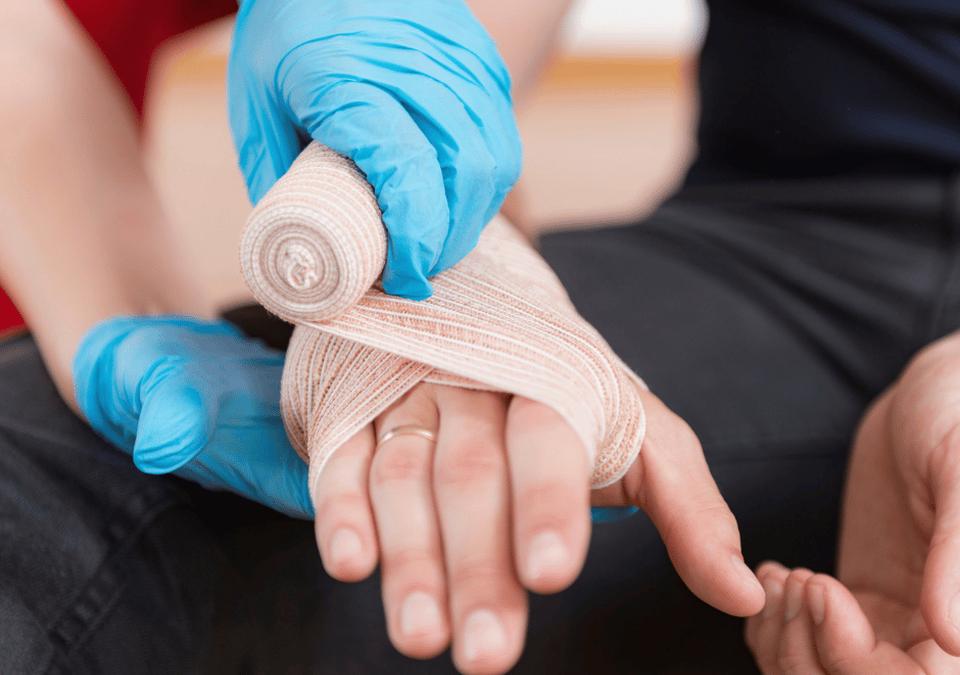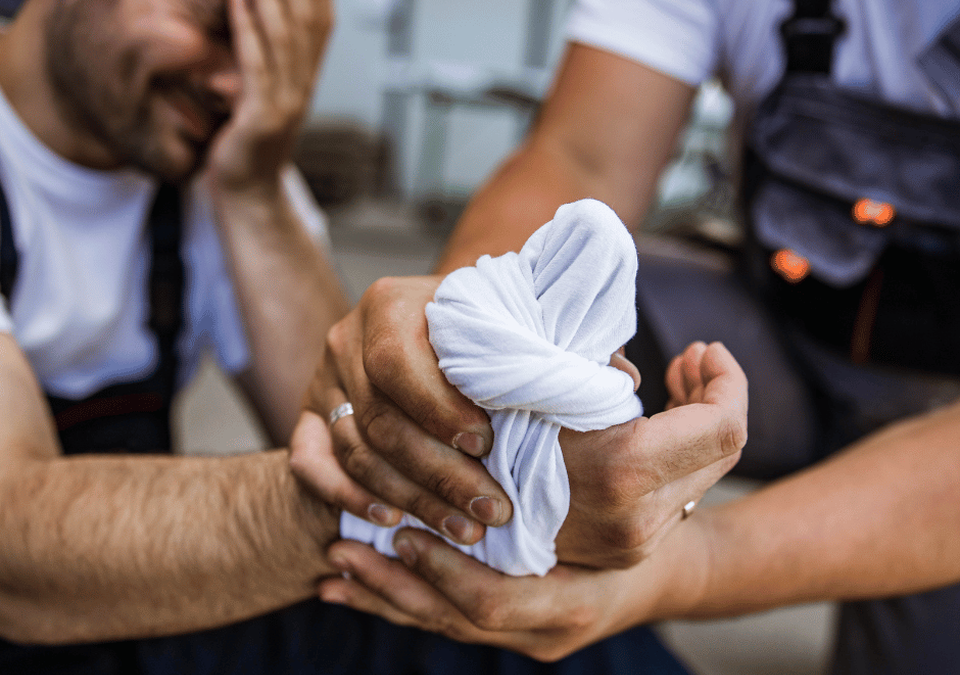Importance of Proving Negligence
If you want your personal injury claim to be successful then you have to prove that what happened was not your fault. You need to give evidence that the defendant owed you a level of care, and that they did not provide it. You need to prove that they were neglectful and that they breached their duty of care.
Furthermore, you have to prove that the accident caused you injuries. The best way for you to do this would be for you to gather as much evidence as you can. In most cases, you have up to 3 years from when you are diagnosed with an injury. If someone under the age of 18 is injured in the workplace then they can pursue a claim up to 3 years after their 18th birthday.
Navigating the Compensation and Claims Process
The process of filing for a compensation claim at work will include you submitting the relevant forms and documentation. The forms will ask for specific information about your injury, how it happened and under what circumstances. You need to be as specific as possible here, because if you miss any details then this could work against you in terms of your claim.
The main challenge that comes with making a claim is that the employer will often try to deny that they were responsible for your injury, so that they can avoid making a payout. A solicitor can help you to address issues like this, as they have worked with employers who try and avoid claims for years, so many tactics they may adopt to lower your compensation, can be countered.
Navigating the claims process can be complex, but with an experienced solicitor like TBI by your side, you can feel confident knowing that you are setting yourself up for success.
Benefits of Legal Representation
There are many benefits to seeking legal representation, from an increased chance of success to having the whole process expedited. Solicitors can also advocate for your rights as an employee, ensuring that you have fair treatment throughout the process.
Summary
With neck, back and hand injuries having a high success when it comes to payouts, there has never been a better time for you to seek the legal support you need. If you feel as though you have been injured at work and it wasn’t your fault, or if you believe that your safety has not been your employer’s priority, then now is the time for you to pursue compensation and get the money you need to get your life back on track.
Contact us at TBI today if you want to file a minor injury at work claim, and our experienced team can help you.







